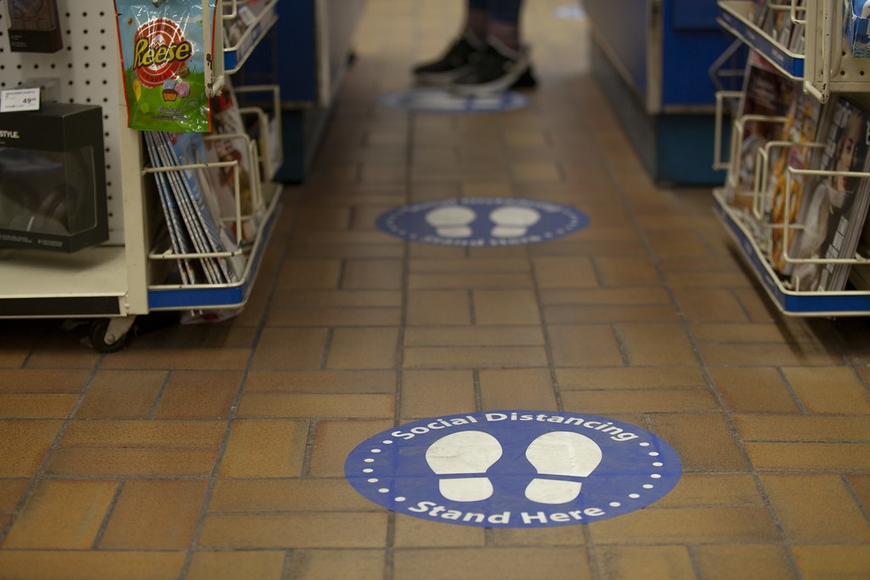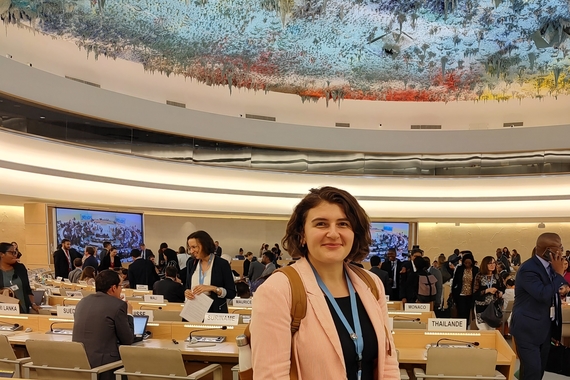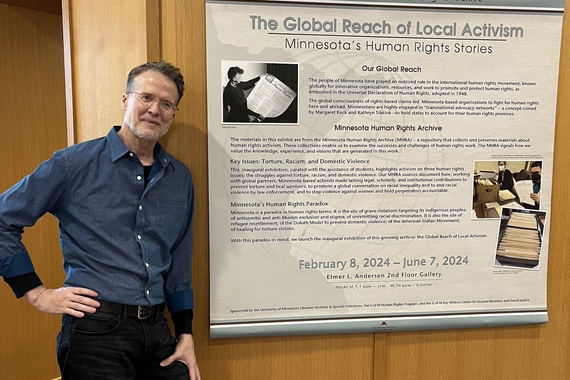Student Corner - Second Installment: Human Rights Impacts of the COVID-19 Pandemic
The students in Barbara Frey’s human rights internship class in spring 2020 are turning their attention to the human rights impacts of the COVID-19 pandemic on vulnerable groups in the world today. Here are some updates from the second installment of our Student Corner blog:
The War We Cannot See
By Muna Abdulahi
I sleep next to faith in hopes it too wakes up tomorrow
Where I say I’m okay and mean it
Where language is not the last thing that touches & holds my loved ones
Yet, I wake up even when my spirit does not
Where fear and the unknown are the only songs stuck on replay
Yet I still wait for the next song to dance to
The song that will make me grab all my loved ones close onto the dance floor
And move until our bodies turn into a night
But today I look at pictures of my friends and do not ask when we will meet
I go through the motions of not remembering
I do homework, read, write, and loose hours in other worlds on TV
I ask “how are you” while holding my breathe
I look forward to sleep as my only upcoming event
And drink into longing of all I thought was promised of tomorrow
There is a war we cannot see & the future hides into a closet
Yet I hold onto my second body language & keep my loved ones close
Through words and language and “I love you so much”
And as long as community holds me close
I sleep next to faith in hopes it too wakes up tomorrow
New wave of US sanctions takes toll on Iran amid pandemic
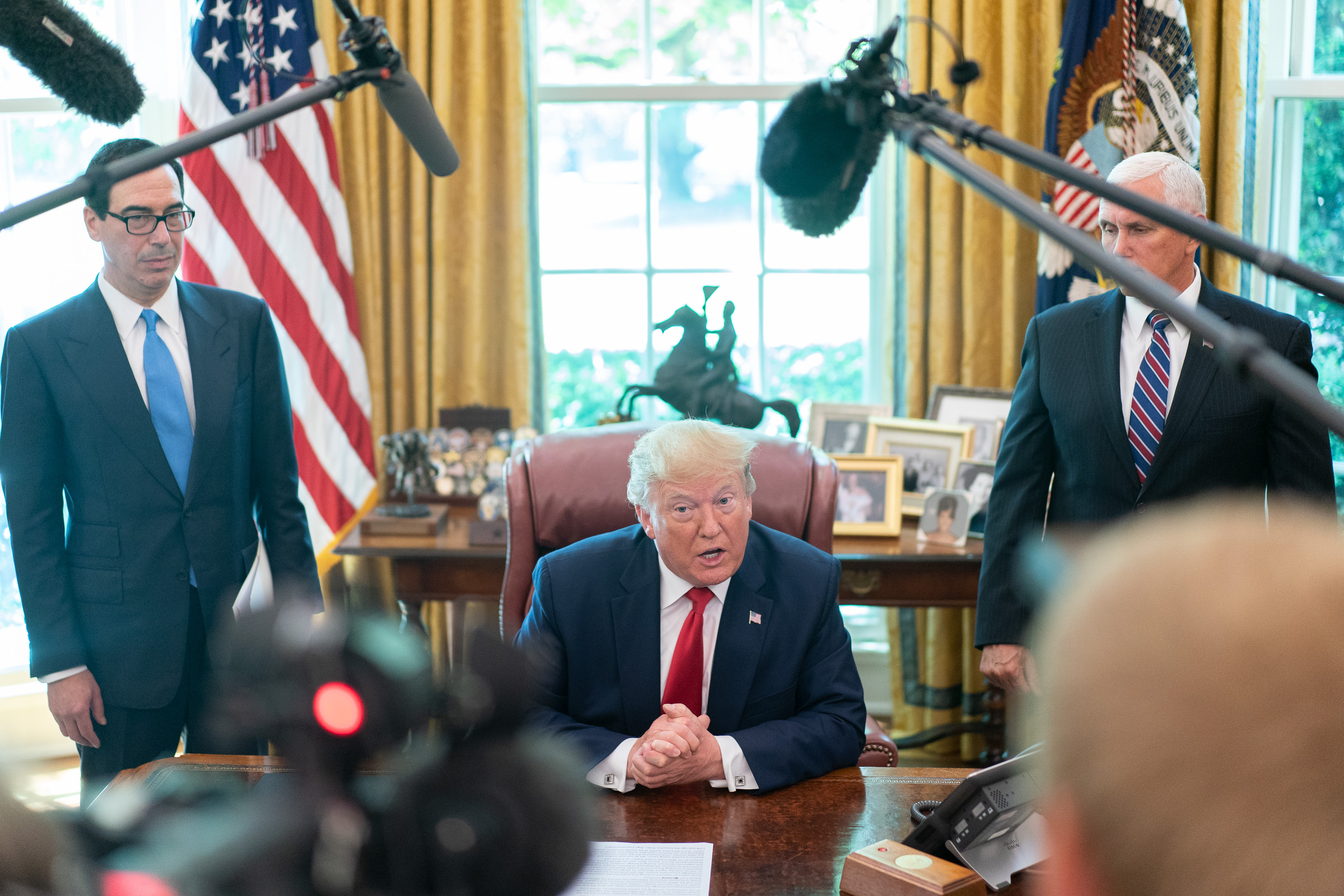
By Farrah Mina
The United States placed increased pressure on Iran in March with a new round of sanctions as the country reeled from the coronavirus outbreak.
As of April 19, Iran has had more than 82,000 confirmed cases of COVID-19 cases, with more than 5,000 deaths, according to the New York Times. Iran is the country worst hit by the virus in the Middle East.
According to Iran's foreign minister, Javid Zarif, the U.S. sanctions are hindering access to medicine, medical supplies and humanitarian goods, Al-Monitor reported.
“[Zarif] said Iran’s inability to sell oil combined with banking and insurance sanctions have impacted the country’s ability to provide citizens with subsidies on basic goods,” according to the media site.
The BBC reported that Zarif accused the U.S. of ‘medical terror’ by declining to remove the sanctions after the virus outbreak began in Iran in February.
However, the U.S. argues that the sanctions do not interfere with the flow of humanitarian goods and only curb nuclear and missile activities, according to Reuters.
Although food and medicine are not subject to sanctions, many medical supplies and equipment are. According to reports from the U.S. Treasury Department enforcement agency, the Trump administration has reduced the number of licenses it grants to export medical supplies to Iran, the Washington Post said. Oxygen generators, respirator masks and thermal imaging equipment are among the items that require authorization before exportation.
The sanctions have also put a strain on Iran’s finances. The U.S. restrictions on its banking system and oil export embargoes have limited its ability to purchase the drugs, raw materials and equipment needed to manufacture medicines, the Washington Post said.
Though Iranian medical workers and global public health experts do not know how much damage the sanctions have had in the wake of the outbreak, it is clear that it is depriving the healthcare system of the necessary equipment to fight the virus.
New tool will track restrictions on civil and political rights
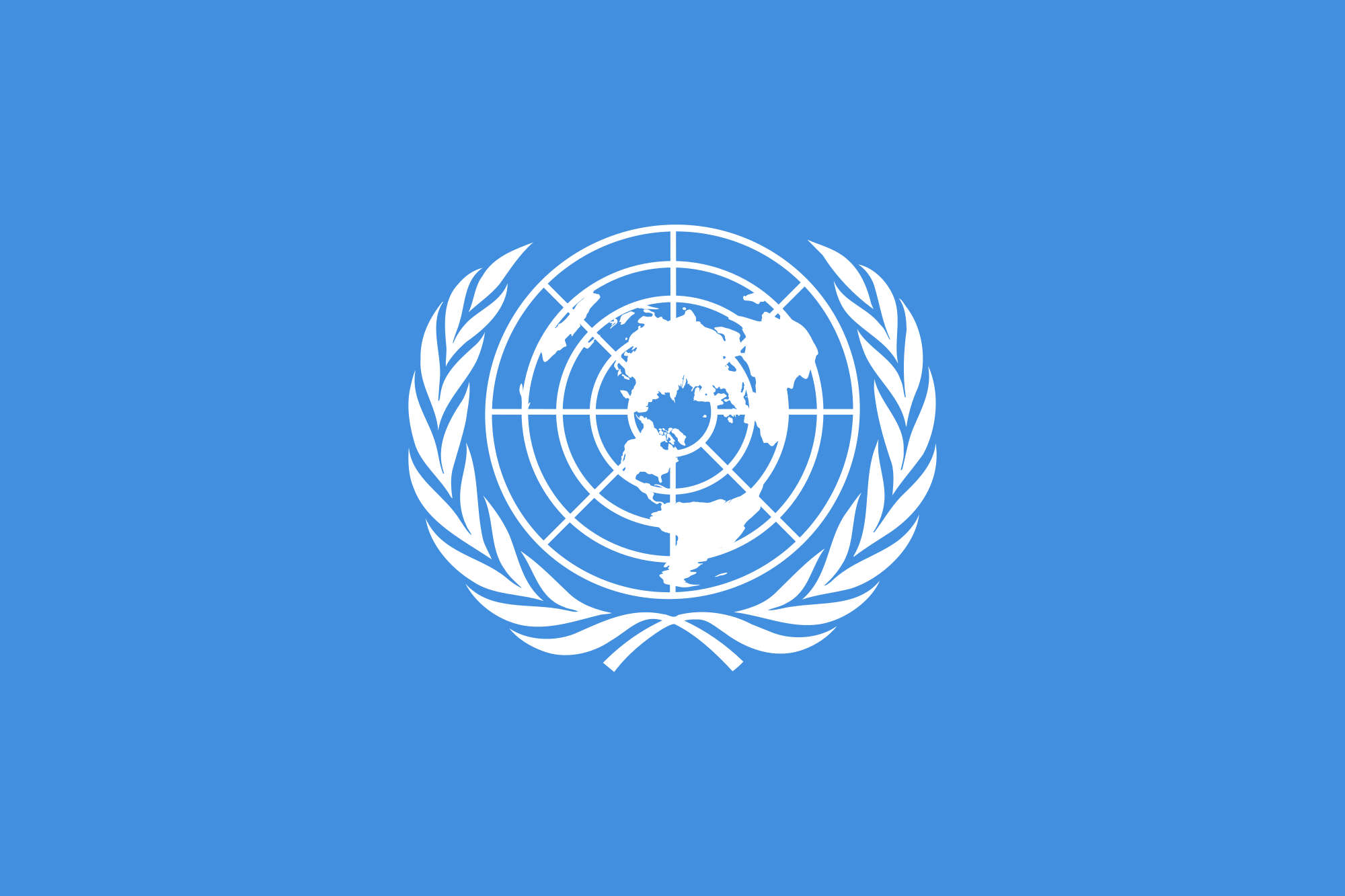
By Farrah Mina
The Centre for Civil and Political Rights developed a tool in April tracking the various restrictions in different states designed to slow the spread of the coronavirus.
The tool seeks to monitor the impact states of emergencies have on civil and political rights in countries that have ratified the International Covenant on Civil and Political Rights. Of the 172 countries, 86 have declared states of emergencies, according to the data compiled by the Centre for Civil and Political Rights. Only 11 have notified the United Nations.
States can derogate from their obligations in emergencies under the covenant, according to the ICCPR.
“In time of public emergency which threatens the life of the nation and the existence of which is officially proclaimed, the States Parties to the present Covenant may take measures derogating from their obligations under the present Covenant to the extent strictly required by the exigencies of the situation, provided that such measures are not inconsistent with their other obligations under international law and do not involve discrimination solely on the ground of race, colour, sex, language, religion or social origin,” the ICCPR reads.
Amid the pandemic, 86 countries have at least partially closed down their borders, and 60 states have some form of travel ban in place for citizens, according to the data. Asylum claims have been partially or wholly suspended in 10 countries.
The data also found that 81 states have limited public gatherings, 85 have shut down schools, and 54 have shuttered their restaurants and cafes.
Illegal or Essential? The fate of immigrants in the C-19 era
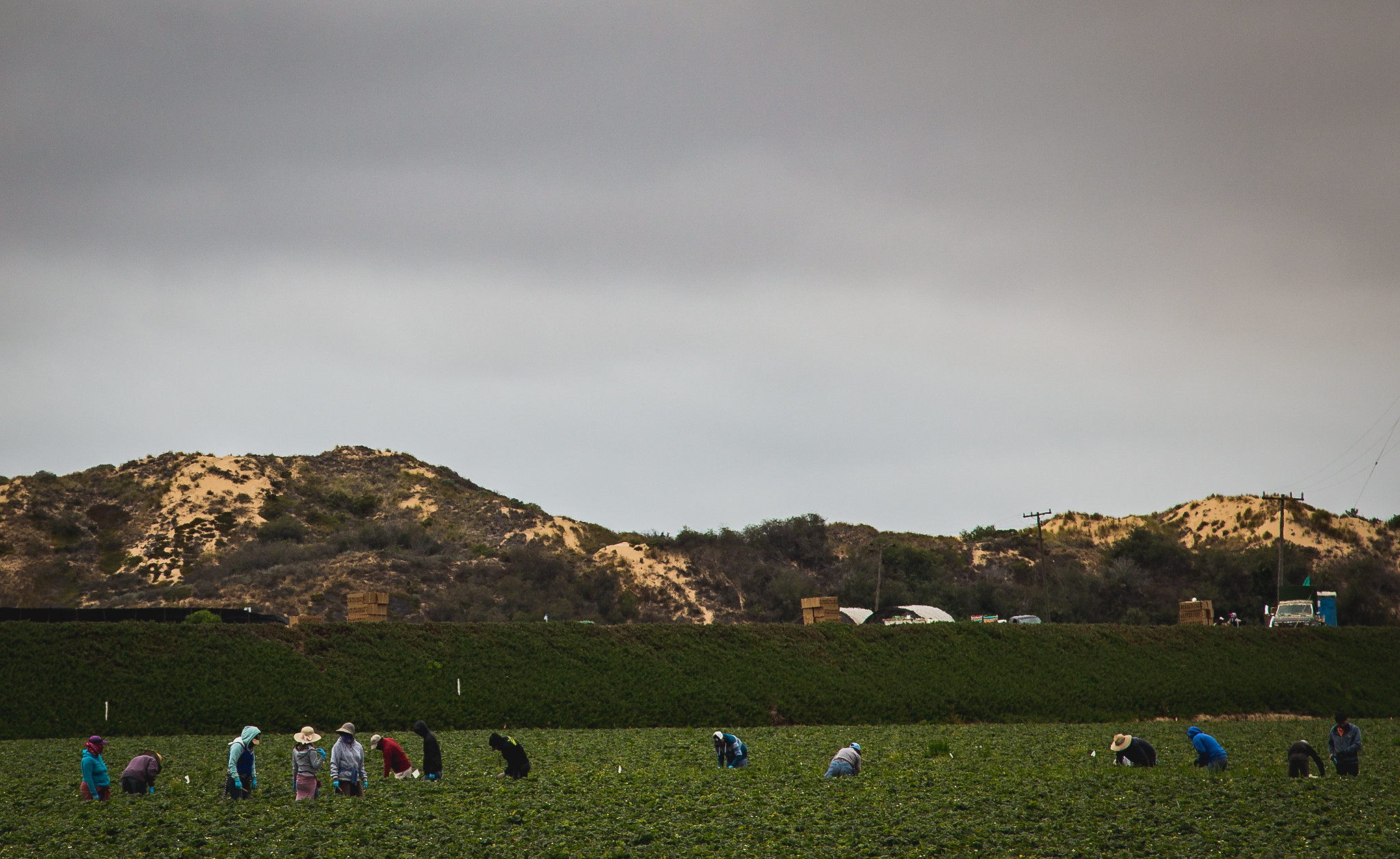
By Jamal Badhaso
Many immigrants in the U.S. are now considered an essential part of the labor force to provide goods to Americans. At the same time, the U.S. Government is restricting vulnerable immigrants from entering the United States to seek protection from human rights violations they face in their home countries. They are considered illegal while also essential.
Citing the threat of uncontrolled cross-border movement, President Trump has used the health crisis to shelve safeguards for victims of human trafficking and persecution, implementing an expulsion order that sends migrants of all ages back to Mexico in an average of 96 minutes.
Unless they are farmworkers.
Despite the recent Executive Order suspending asylum hearings and imposing a temporary ban on all green card holders, the Administration signaled its intent to exempt migrants who are seasonal workers working to harvest the food so desperately needed by Americans in this crisis. Immigrants are in other front line jobs as well: providing medical services, cleaning, landscaping, and construction.
The Agriculture Department estimates that about half of all crop hands in the United States, more than one million, are undocumented immigrants, and yet to support the demand of American consumers there are more and more immigrants driven to this form of labor. Working in close contact with each other, and at the same time lacking any kind of financial support in order to stay at home, these immigrants take on greater risks. Immigrants are aware and terrified of the health risks, but they must seek employment to survive where they have no other forms of public assistance.
Many advocates are concerned for those who are closed off from entering the borders. Of particular concern are more than 2,000 asylum seekers camped out along the Rio Grande at Matamoros.
With one machine, Syria’s Idlib province braces for coronavirus pandemic
By Farrah Mina
Fighting a civil war and a pandemic, Syria’s Idlib enclave has just one machine equipped to detect the coronavirus, Al Jazeera reported. So far, there have not been any confirmed cases in the province.
But the cramped and unhygienic conditions of the camps could kill 100,000 people, health officials say, CBS News reported.
Idlib is the last rebel-held stronghold in the country, where more than 1 million Syrians have been displaced, living in the crowded camps along the Turkish border. Handwashing and social distancing is impossible in the camps, which lack running water and often house families of ten in a single tent, the New York Times reported.
Over years of fighting, many hospitals in Idlib are no longer operational. According to a report from Refugees International, there are fewer than 100 ventilators to treat Idlib’s 3 million civilians—all of which are in use.
“Idlib’s civilian population and the relief groups that support them face two daunting challenges: the collapse of the ceasefire and the outbreak of COVID-19. Each one on its own carries potentially catastrophic consequences,” the report said.
“If the Syrian regime offensive resumes in earnest, the fate of more than 700,000 people now living in Idlib city will be in the immediate balance. While aid agencies must plan for the collapse of the ceasefire, they must also move quickly to prepare a highly vulnerable population for the inevitable arrival of COVID-19.”
